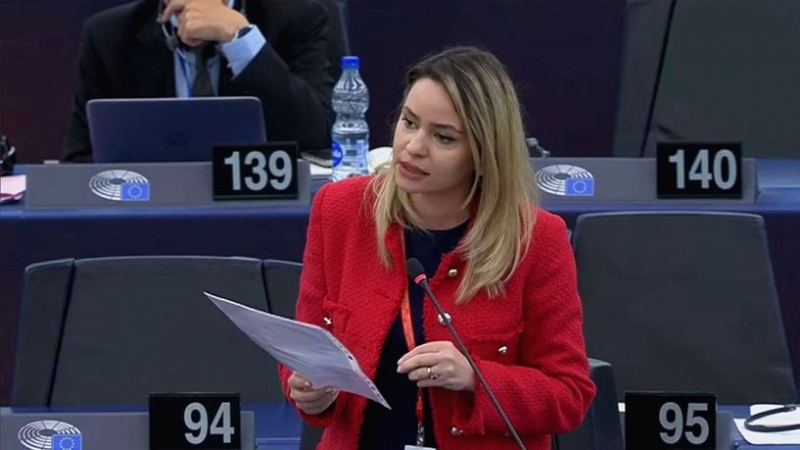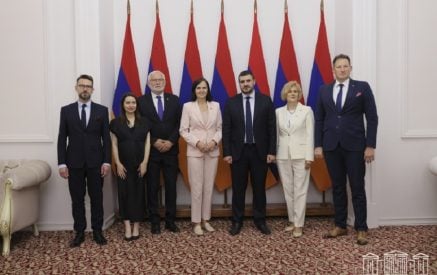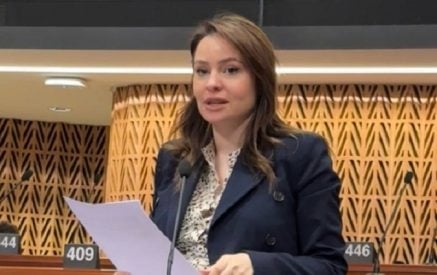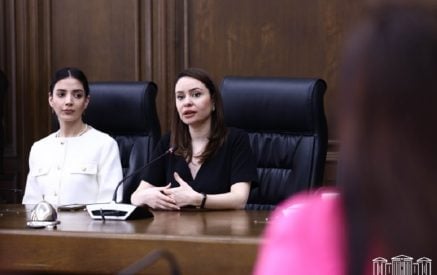On October 12, t he member of the RA NA Delegation to PACE Sona Ghazaryan gave a speech at PACE Autumn Session.
“On behalf of ALDE let me first of all congratulate Madame Reporter for her strong commitment to women’s rights and for the report. I would like to start on a positive note and state that with the ratification of the United Nations Convention on the Rights of Persons with Disabilities in many member states we mark a real turning point in making inclusion and participation priorities.
However, the voices of women with disabilities are still less listened to with the lack of participation of women with disabilities in decision making processes both in governments and parliaments.
This lack of accessibility fosters dependency, significantly weakening women with disabilities. The fact of being dependent financially on the family member is definitely an obstacle when it comes to reporting cases of domestic violence. The fear of leaving home in general for the women with disabilities mildly speaking makes the situation terrible.
Read also
We should be aware of all those obstacles and work together to overcome the challenges the society faces and look into the success cases the reporter Beatrice has pointed out clearly. Such as Georgia, that offers free legal aid, Iceland appointing rights protection officers, and Serbia’s “Sound of Soul” app for assistance, the technological solution. Changing the concept of regulation from the medical model of disability to the social model like in Armenia, adopting the Law on the Rights of Persons with Disabilities.
What I would like to bring to your attention is the fact that women with disabilities are at higher risk during armed conflicts, we need to speak about this as well, when they need access to bomb shelters or are being forced to leave their homes, ethnic cleansing. Unfortunately, this is the case in the 21st century happening in the heart of Europe in Ukraine and in Nagorno Karabakh during last month.
So, what should we do together? To improve the situation, a collaborative effort is essential. First step, and so far, most fundamental, is the inclusion of persons with disabilities at school, from an early age, in order to be integrated into society and to be able to make friends. National disability policies must also incorporate a gender dimension.
I will be sincere and say that only with the participation of my colleague, a female MP with disabilities, was it possible to filter all the legal amendments that will come to the parliament from this perspective.
More women with disabilities we have at the parliament and government more inclusive and carefully written and well considered policies we will have,” Sona Ghazaryan said.
National Assembly of the Republic of Armenia



























































